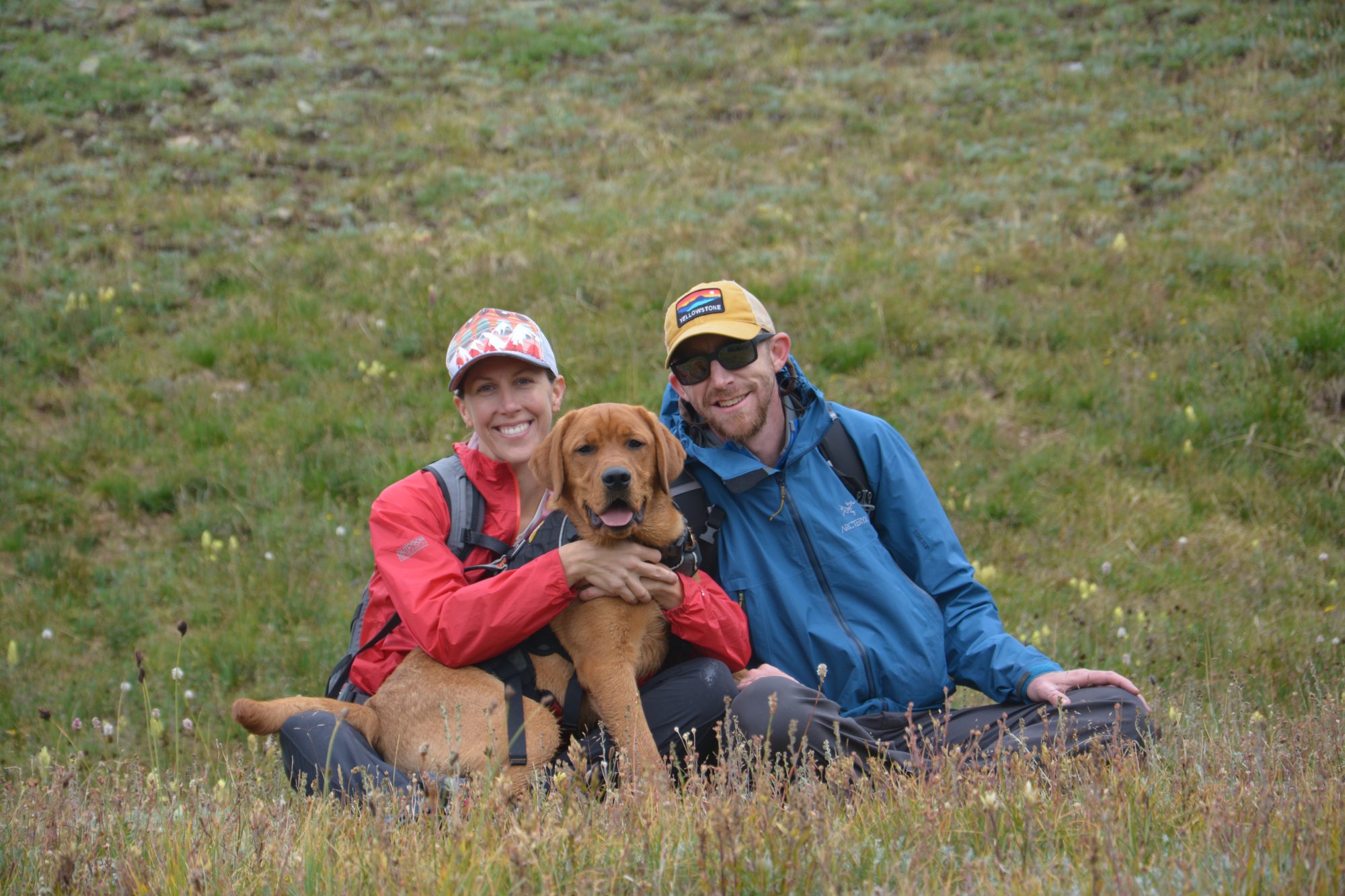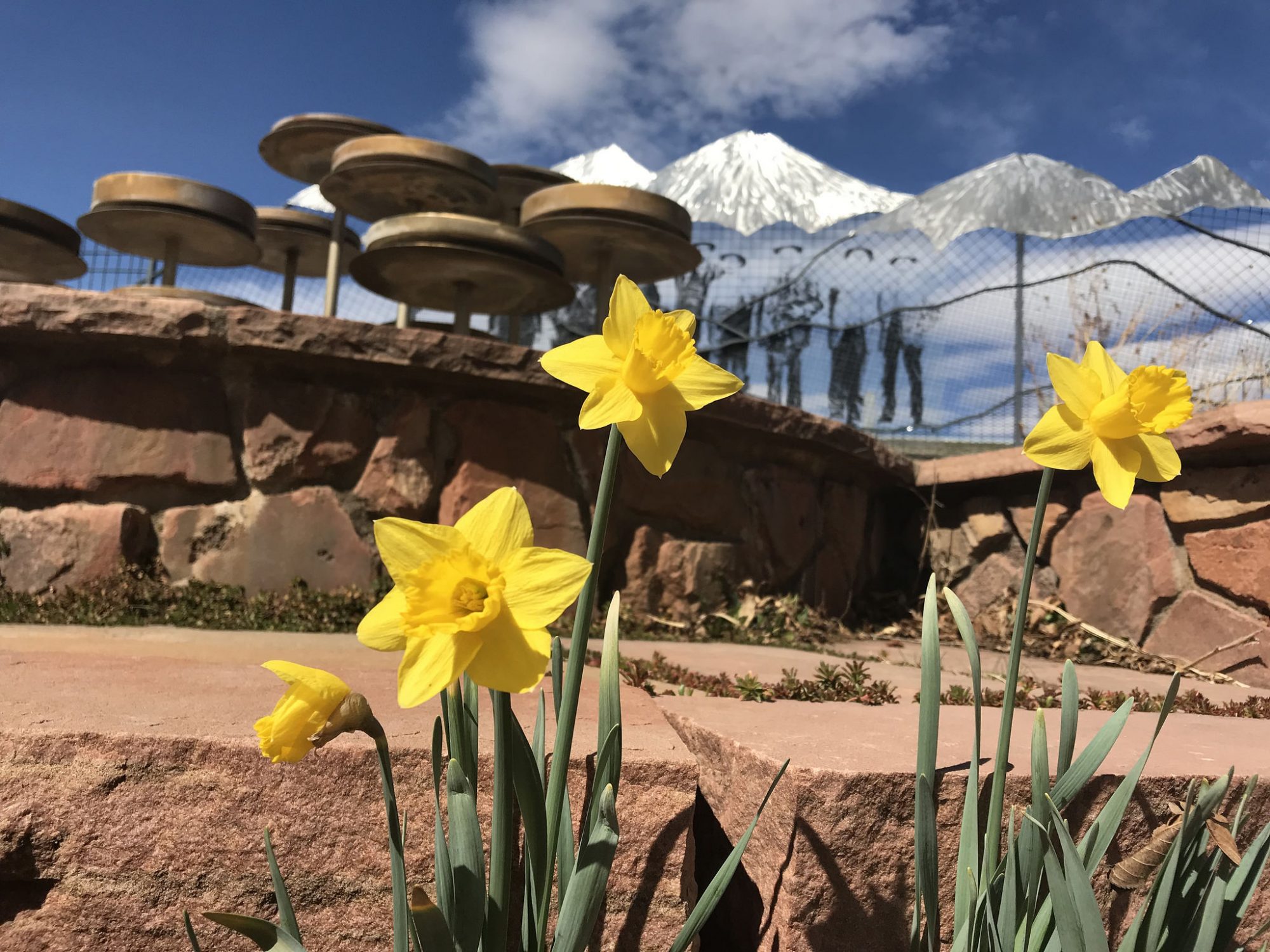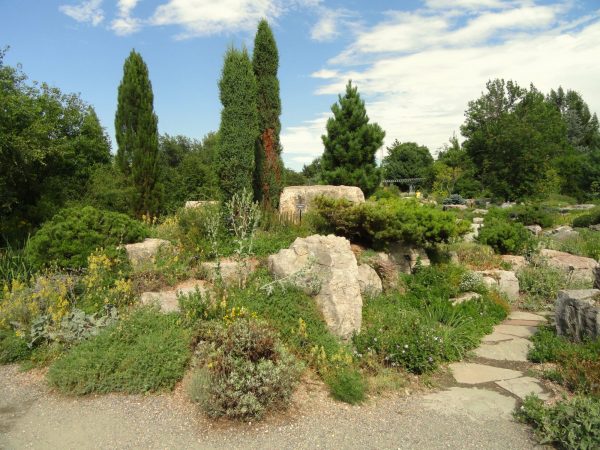Zak Danielson (’18) walks the line between farmer and city dweller, conservationist and sportsman. But the lines aren’t solid; they are blurred and easily crossed by one common resource: water.
Like many Coloradans, Zak Danielson grew up on a farm. His family raised cattle and the feed for cattle, in addition to beets, onions, and beans. Like many kids, he liked to play in water. He caught his first fish in the Laramie River, which originates in Colorado and then flows north-northwest into Wyoming. On the farm, he would walk the ditches, canals, and diversions that watered the land and the animals his family cared for. “We would flood irrigate our fields and there were pipes to siphon the water out of the ditch and into the field. That is my first memory of uses for water besides swimming and drinking,” he says.
As an avid fisherman, a former farmer, and employee of New Belgium Brewing Company, Danielson’s life has held a strong presence of water. As an employee of New Belgium Brewing Company (2005-2015), Danielson became intimately familiar with the importance of water. “We are located at the headwaters of the [Poudre] river, and we have delicious, pure water,” he says. “Clean water is integral to beer since water makes up 90-95 percent of beer.”
As a member of the New Belgium Family Foundation (2012-present), Danielson and colleagues have supported efforts for organizations and agencies in Colorado, California, and Washington related to environmental health (air and water), sustainable transportation, at-risk youth, and food systems. The Foundation has supported organizations such as the Redford Center who was producing a movie about water, Conservation Colorado, whose mission is “to protect Colorado’s environment and quality of life by mobilizing people and electing conservation-minded policy makers,” and the Theodore Roosevelt Conservation Partnership whose work is “to guarantee all Americans quality places to hunt, fish, and recreate.”
“These organizations are repairing [natural] areas, taking out dams, and a lot [of effort] is going to policy making changes, which is where the real impact will happen,” says Danielson. “Because of my agriculture background, I have a deeper understanding than some [members of our foundation] of what our farmers don’t understand about the city. They have trouble talking about things and seeing the connections. My experience and knowledge allows me to talk with both sides and move things through,” he says.

It is Danielson’s foundation as a farmer, his work with New Belgium, and his own personal fascination with water that inspired his academic interest in environmentalism and lead him to explore a variety of majors at CSU: natural resource management, watershed science, horticulture, and agricultural business. “But there wasn’t a school that fit me,” he says, so he turned to the liberal arts. “The interdisciplinary liberal arts program allowed me to pick and choose the classes I found interesting, take a variety of classes, and get a wide variety of knowledge,” he says. In addition to the interdisciplinary liberal arts major, Danielson is minoring in history and in the School of Global Environmental Sustainability.
“The courses in environmental studies give me a more global view of the environment, an understanding of the broader picture and how interconnected we are, and how to work in different areas to affect change,” he says.
“Liberal arts, like water, a universal solvent, let me flow between different schools of thought and compile knowledge that helped mold my own opinions of how to deal with environmentalism in our changing world.”


Danielson is translating his work experience, his academic knowledge, and his personal passion to a career in sustainability, both as a member of the Foundation as well as starting a business in gardening. “Similar to landscape design and architecture, I want to work on gardens and help others develop those skills of landscape maintenance, picking plants, and produce production. I want to teach others how to sustainably manage their own yards,” he says.
Whether it’s through xeriscaping local landscapes or helping to fund national conservation initiatives, Danielson’s personal and professional interests center around water. “Water draws us together. We all need it. Access to clean water should be a right for everyone on this planet,” Danielson says.
Simple Water Conservation Tips
- Make sure sprinkler systems come on after dark or early in morning; they use less water and have less evaporation.
- When watering by hand, use a timer from the hardware store that can be attached to the faucet and set for watering.
- Use plants and grasses that flourish with less water.
- Turn off the faucet when brushing teeth, washing hands.
- Take shorter showers and/or shut off the water while soaping up.
- Dump day-old water into plants rather than putting it down drain.
- Bring a re-fillable container for water and fill up at drinking fountains.
Zak Danielson will graduate in December 2018 with a major in interdisciplinary liberal arts, a minor in history, and a minor from the School of Global Environmental Sustainability.
